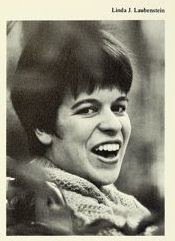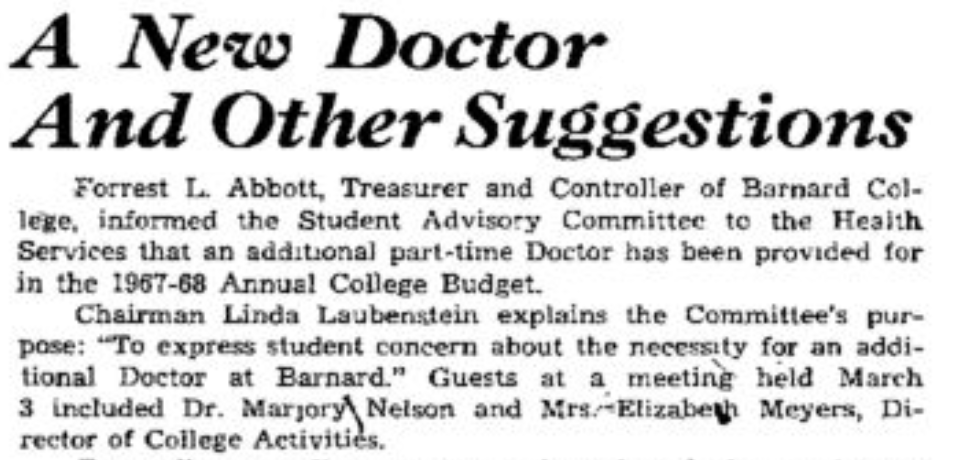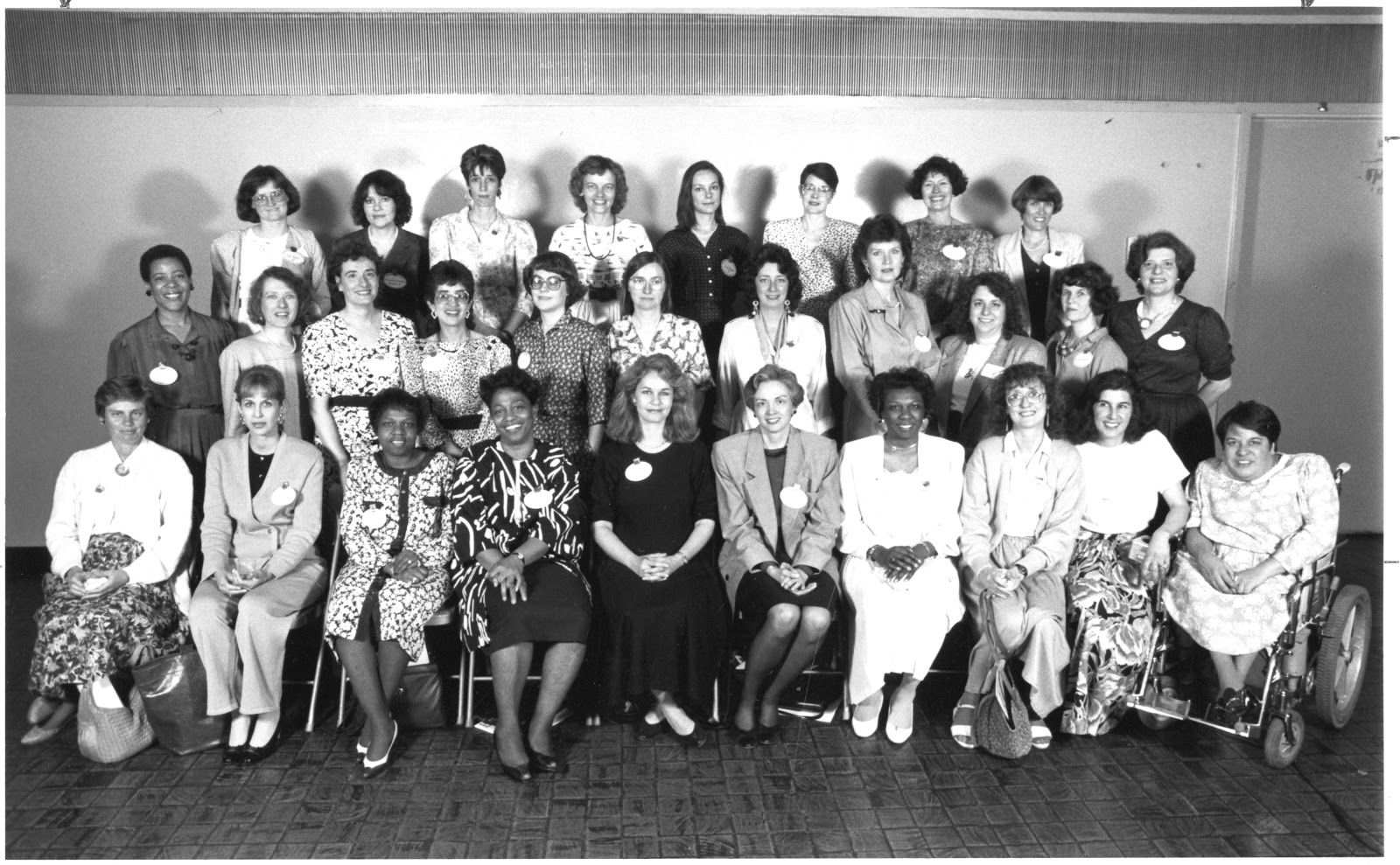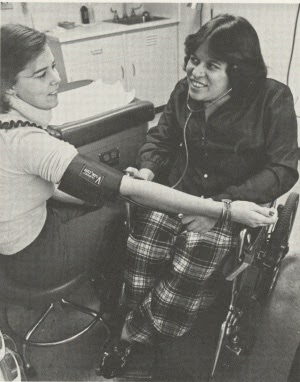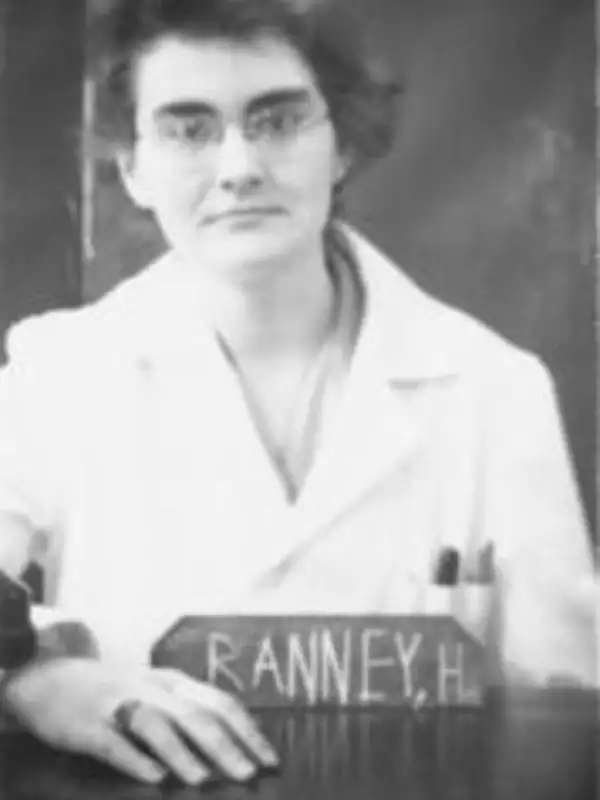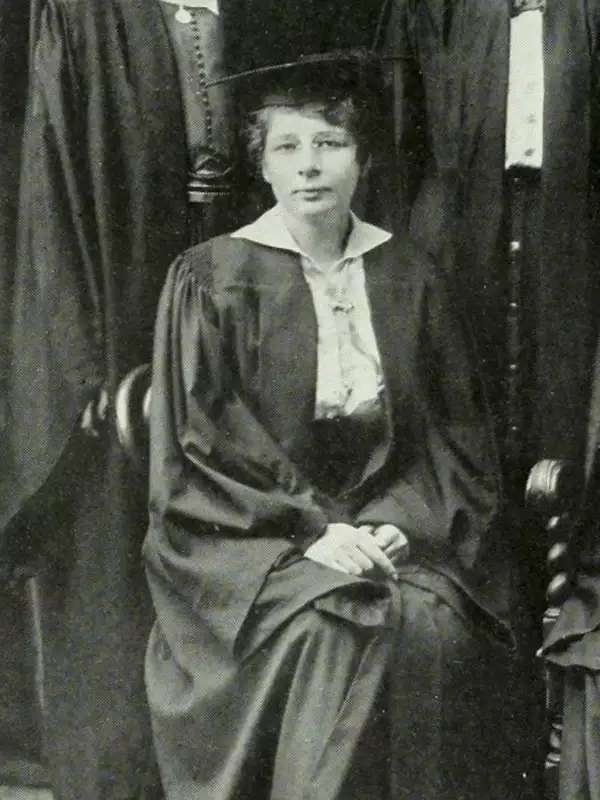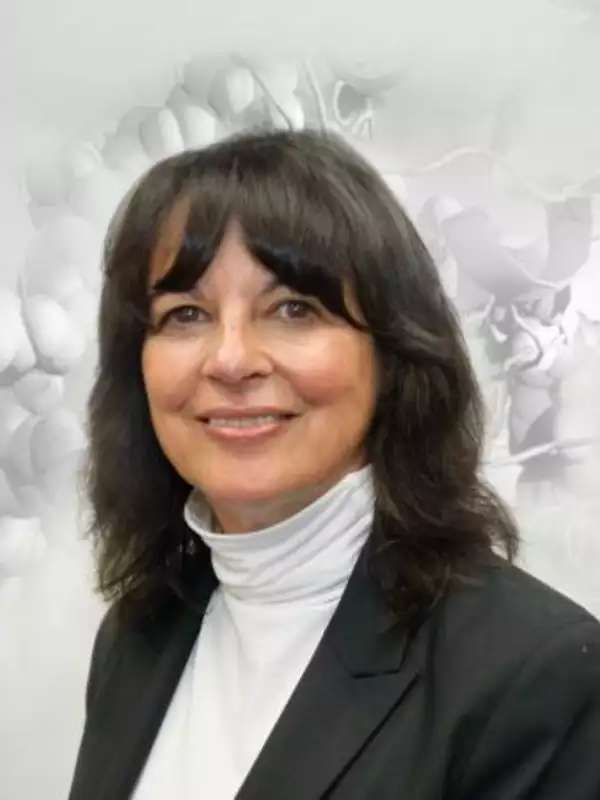While Manhattan physician Linda Laubenstein ’69 was working in her private practice in the early 1980s, she began to see patients with purple spots on various parts of their bodies who would then fatally succumb to a mysterious shutdown of their immune system. These men and women had Kaposi’s sarcoma, a cancer that forms red or purple skin lesions — and that would later be identified as a defining illness of acquired immunodeficiency syndrome (AIDS). AIDS is the most severe stage of infection with the human immunodeficiency virus (HIV), a virus that impacts approximately 1.2 million people in the United States and 38 million people worldwide.
Concerned about this troubling pattern, in 1981, Laubenstein and colleagues submitted the first paper to be published in a medical journal about the rise of Kaposi’s sarcoma cases and their connection to what would come to be known as HIV/AIDS. She also co-founded the first national-scale medical conference on AIDS at New York University in 1982, presenting a collection of research titled AIDS: The Epidemic of Kaposi’s Sarcoma and Opportunistic Infections, and helped to create the Kaposi’s Sarcoma Research Fund in 1983.
A little over 10 years after graduating from Barnard, Laubenstein was treating many of the country’s first HIV/AIDS patients. She had treated 62 patients by 1982, nearly a fourth of the total national HIV/AIDS cases at the time.
Fun Fact:
Originally from Massachusetts and a paraplegic with severe asthma as a result of childhood polio, Laubenstein came to Barnard because it offered exactly what she needed to thrive as a student: academic rigor and accessibility. “I chose Barnard because, in 1965, there was no other school of the academic caliber I was seeking with the physical facilities that Barnard has,” she told the College. “Ten years ago with no help it was a minimal problem for a disabled student to attend Barnard. With a little help and some of the positive attitude that Barnard possesses, I think that Barnard is a place with a tremendous amount to offer.”
At Barnard, Laubenstein was known for her passionate championing of healthcare and access to medical treatment for students. When Laubenstein was a sophomore, she became chair of the Student Advisory Committee to the Health Services at Barnard, a group that was formed in 1967 to help express student concerns about health services at the College. Laubenstein and her peers fought to elevate student demands to hire additional medical personnel in light of the expanding student body and campus.
In that same year, Barnard announced that it had hired an additional part-time doctor who would provide care specifically for students.
Laubenstein’s spirit of advocacy and leadership carried over into her treatment of AIDS patients, a vulnerable population whom many doctors refused to see because of social stigma and fear of the disease. Despite graduating from the New York University School of Medicine with specialties in oncology and hematology and becoming a professor at the university’s medical center by 1978, Laubenstein focused her private practice on HIV/AIDS treatment and left her professorship to dedicate herself to treating patients. She also co-founded Multitasking, a nonprofit organization that provided office services and employed people living with AIDS who had been fired from their jobs after being diagnosed.
Laubenstein was very outspoken when it came to criticizing the lack of attention and care being given to AIDS patients by individual physicians and the government, neglect that was exacerbated by the fact that most people with AIDS were from marginalized groups and already faced immense discrimination.
Laubenstein passed away in 1993 at the age of 45, but her groundbreaking work treating the first AIDS patients in the United States continues to influence the field of HIV/AIDS research and social advocacy movements caring for those with HIV/AIDS today. In 1992, the New York State Department of Health AIDS Institute established the Dr. Linda Laubenstein Annual HIV Clinical Excellence Award, which honors outstanding physicians who have provided compassionate, high-quality care for HIV/AIDS patients. Legendary AIDS activist and playwright Larry Kramer based the character Dr. Emma Brookner in his play The Normal Heart on Laubenstein. On November 16, 2021, 40 years after Laubenstein first discovered those puzzling Kaposi’s sarcoma cases, CNN reported that researchers have found a second patient with HIV whose body seems to have naturally rid itself of the infection, bolstering hopes for an eventual cure.
“You Oughta Know” is produced in collaboration with Obden Mondésir, associate director of the Barnard Archives and Special Collections.
– SOLBY LIM ’22
